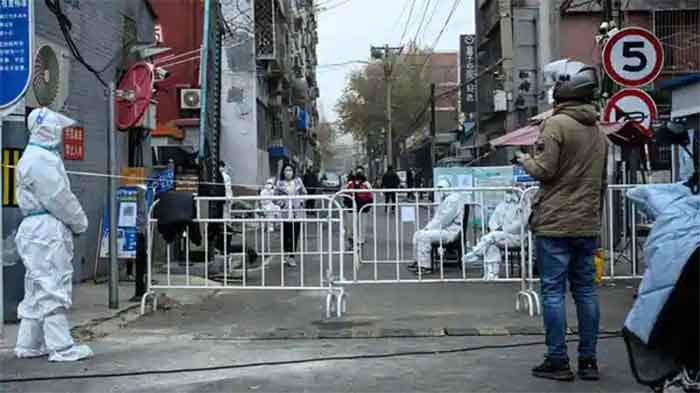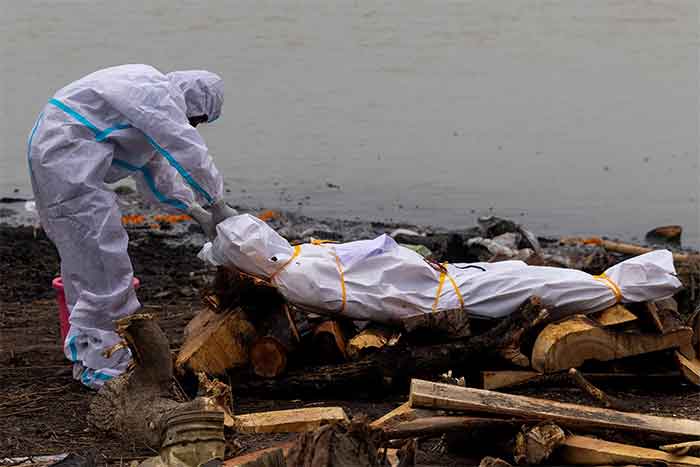
Asia currently accounts for more than half of the world’s new and confirmed COVID-19 cases and deaths, with India, Indonesia and the Philippines being among the hardest-hit. Combined, WHO regions Western Pacific and South-East Asia reported 1,140,000 new cases and increases of more than 20% in hospital and ICU admissions reported in several countries. These figures are widely considered as underreported given the absence of a robust disease surveillance system enshrining community-led monitoring and the human right to health.
In a press release, the People’s Vaccine Alliance (PVA), Asia regrets that the WHO decision is likely send wrong signal to the Asia governments.
“We see no cause for celebration given the recent statement from the World Health Organization (WHO) declaring the spread of the COVID-19 virus as a ‘public health emergency of international concern’ as over,” Lanz Espacio, Regional Campaign Coordinator for the People’s Vaccine Alliance- Asia says.
We are all too familiar with the devastation caused by the pandemic that has claimed millions of lives and led to immense human suffering and damaging impact on people’s livelihoods. It was a pandemic where wealthy nations acted reprehensibly by prioritizing pharmaceutical monopolies and profits and hoarding vaccines, tests, and medicines for their own citizens, leaving low-middle income countries to languish in the queue.
The reality for us is that concern about the spread of the COVID-19 virus remains, especially in the Asia region where COVID-19 cases and deaths soar. The WHO declaration sends the wrong signal to Asian governments at a time we are experiencing intense outbreaks of the virus anew.
Shifting to an endemic approach to the spread of the COVID-19 virus requires robust, community-led health systems, which unfortunately remain fragile in most Asian countries. It also requires recognition of locally developed and sustained access to tools, technology, and know-how necessary to respond effectively to pandemics and health emergencies.
We find the global health architecture remains weak and in favour of the Global North. Intellectual property rules still impede decentralized production of vaccines, therapeutics and diagnostics. Global leaders must address these failures in negotiations for a new Pandemic Instrument and amendments to International Health Regulations at the WHO.
Without listening to leaders from the Global South, communities and vulnerable populations, global leaders will repeat the same mistakes.
Baisakh is a Senior Journalist based in India. Twitter: @pradeepbaisakh
















































